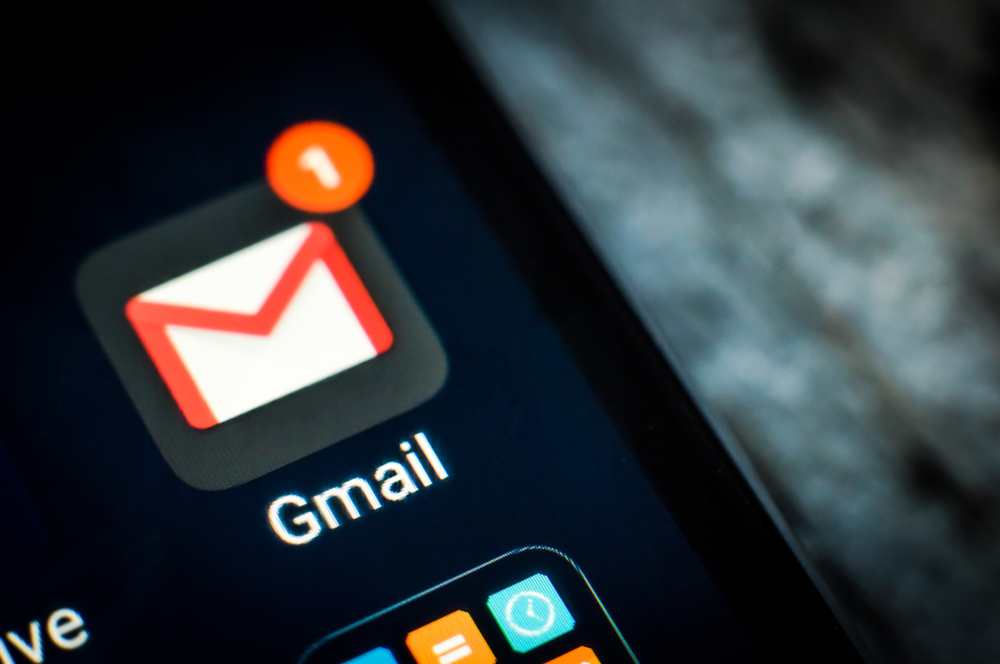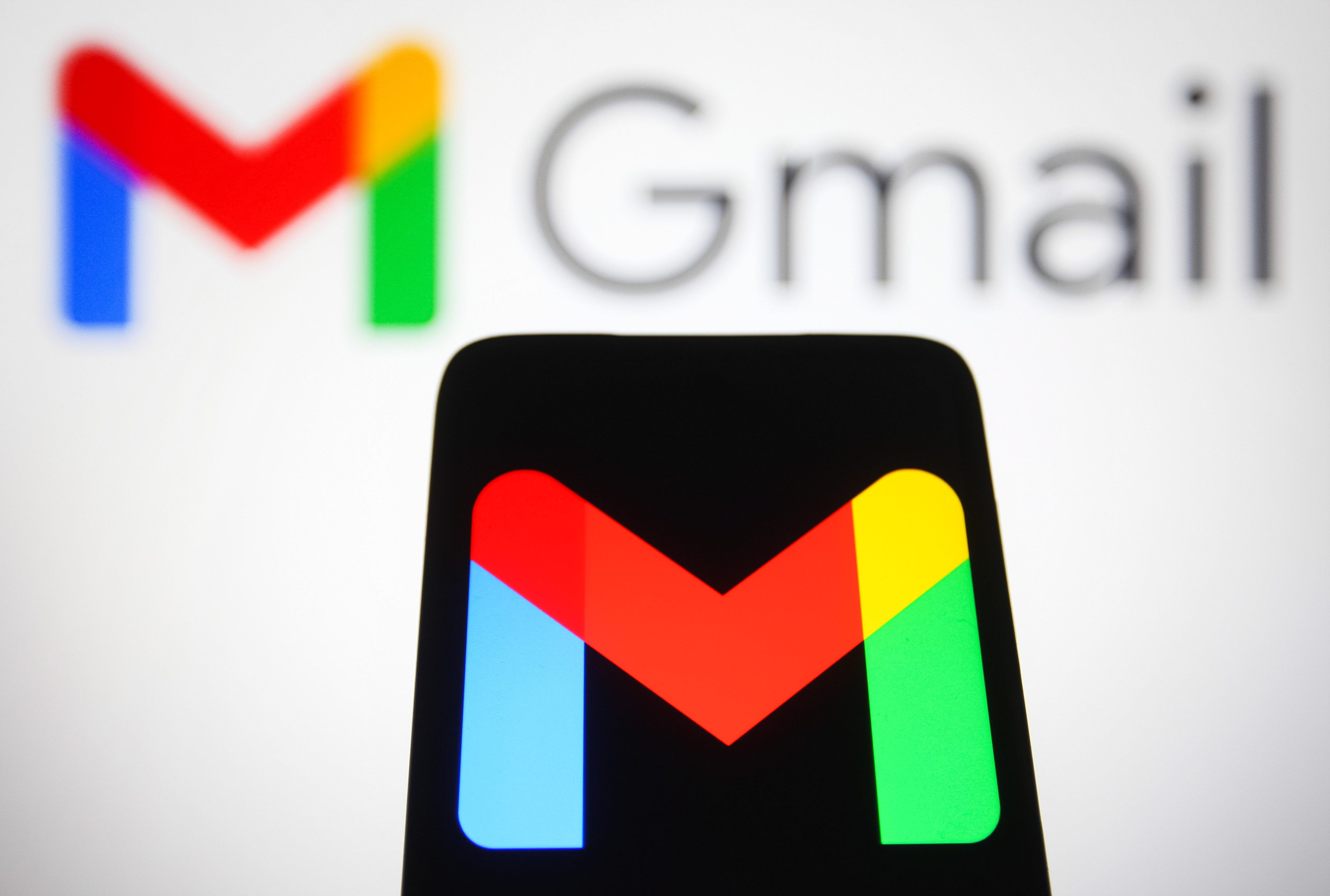Google to revamp security to fight political hacks
The yet-to-be-announced update is aimed at executives and political figures

Google is reportedly preparing a security update to protect against against cyber attacks and political hacking.
The update, dubbed the Advanced Protection Program, is expected to be rolled out next month and will offer new features for protecting its various software suites, according to Bloomberg, quoting two people familiar with Google's internal workings.
It's thought the new tool would effectively replace the need for two-factor authentication, and instead replace it with two physical keys. The update is reportedly aimed at senior company executives and political figures, those most at risk of being targeted by hackers.
Google's USB Security Key has been providing two-factor authentication since 2014, allowing users to plug a dongle into a machine to create tougher security measures across GSuite tools and websites.
According to the sources, the new security tools will continue to make use of the USB Security Key, but will also include a second physical key for added protection.
It's unclear what specific functions the new update will bring, though the sources confirmed that the service will block third-party applications from accessing email and Google Drive accounts by default, and will receive regular updates to expand its capabilities.
During last year's US presidential election campaign, a high-profile hack on the Democratic National Committee led to the leak of email accounts belonging to senior Democratic party officials, including those belonging to Hillary Clinton's and Bernie Sanders' campaigns.
Get the ITPro daily newsletter
Sign up today and you will receive a free copy of our Future Focus 2025 report - the leading guidance on AI, cybersecurity and other IT challenges as per 700+ senior executives
Google has been working to address vulnerabilities in its own platform. In May users were hit by a widespread Google Docs phishing scam which tricked users into clicking a link, granting a malicious third-party application access to address books and Gmail accounts.
Since then, Google has introduced AI-driven early warning mechanisms for phishing scams, click-time alerts for links contained inside emails, and new warning messages that notify users if an email recipient is outside their business network.
Google's latest tool is expected to arrive next month, however the company has yet to make any public announcement.
Picture: Bigstock
Dale Walker is a contributor specializing in cybersecurity, data protection, and IT regulations. He was the former managing editor at ITPro, as well as its sibling sites CloudPro and ChannelPro. He spent a number of years reporting for ITPro from numerous domestic and international events, including IBM, Red Hat, Google, and has been a regular reporter for Microsoft's various yearly showcases, including Ignite.
-
 Nvidia braces for a $5.5 billion hit as tariffs reach the semiconductor industry
Nvidia braces for a $5.5 billion hit as tariffs reach the semiconductor industryNews The chipmaker says its H20 chips need a special license as its share price plummets
By Bobby Hellard
-
 Business leaders are having a crisis of confidence over data literacy
Business leaders are having a crisis of confidence over data literacyNews A Salesforce survey reveals business leaders don't trust their data, or their ability to make the most of it
By Emma Woollacott
-
 CloudHQ fully integrates Gmail with Google Sheets
CloudHQ fully integrates Gmail with Google SheetsNews Users can bulk export email text to Google Sheets, Excel, or CSV files
By Praharsha Anand
-
 How to delete a Gmail account
How to delete a Gmail accountIn-depth Our step-by-step guide on how to close your Google email account for good
By Jane McCallion
-
 How to recover deleted emails in Gmail
How to recover deleted emails in GmailTutorials Learning how to recover deleted emails in Gmail is straightforward and can save a lot of time and hassle
By Clare Hopping
-
 IM set to overtake email, study finds
IM set to overtake email, study findsNews Juniper research suggest that IM services like WhatsApp will continue their explosive growth
By Adam Shepherd
-
 T-Mobile lines up HTC Desire and Sony Ericsson X10
T-Mobile lines up HTC Desire and Sony Ericsson X10News T-Mobile has gone into Android overload with the hotly anticipated duo available for just £10 per month – after you pay a hefty premium up front.
By Martin James